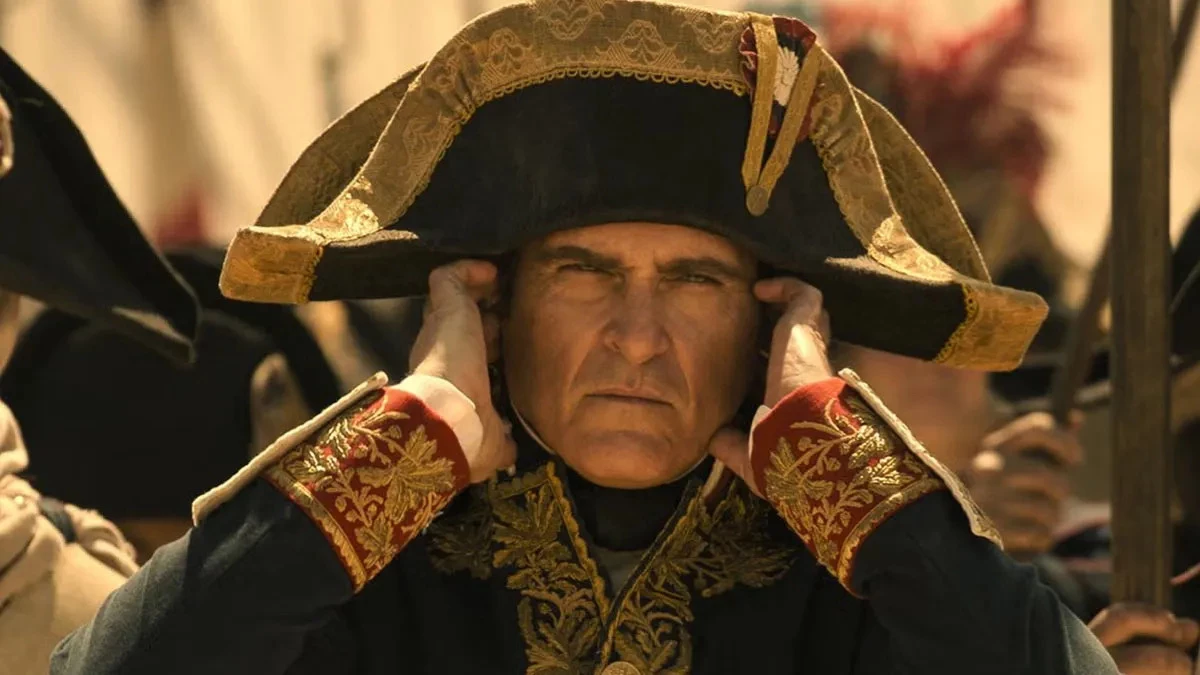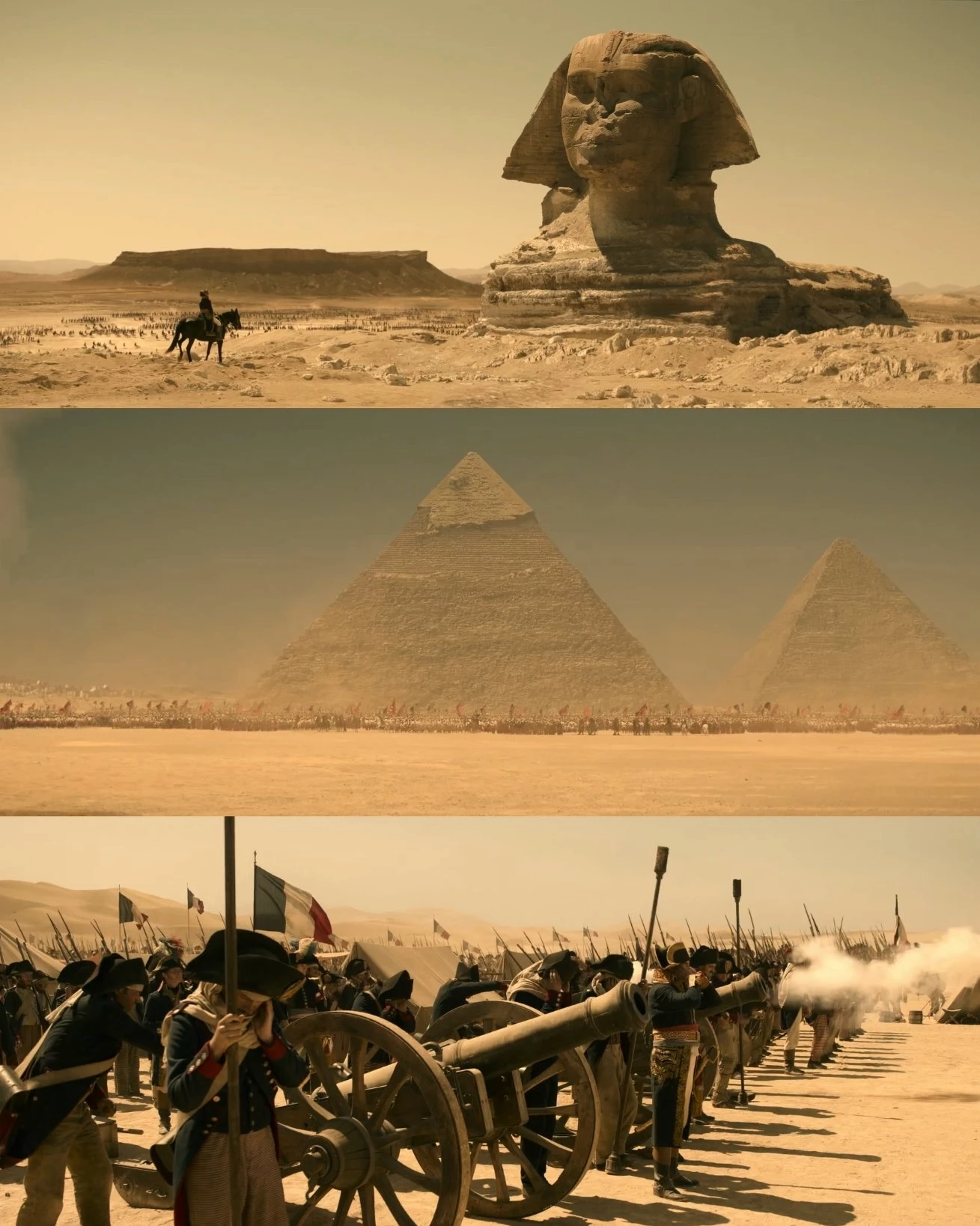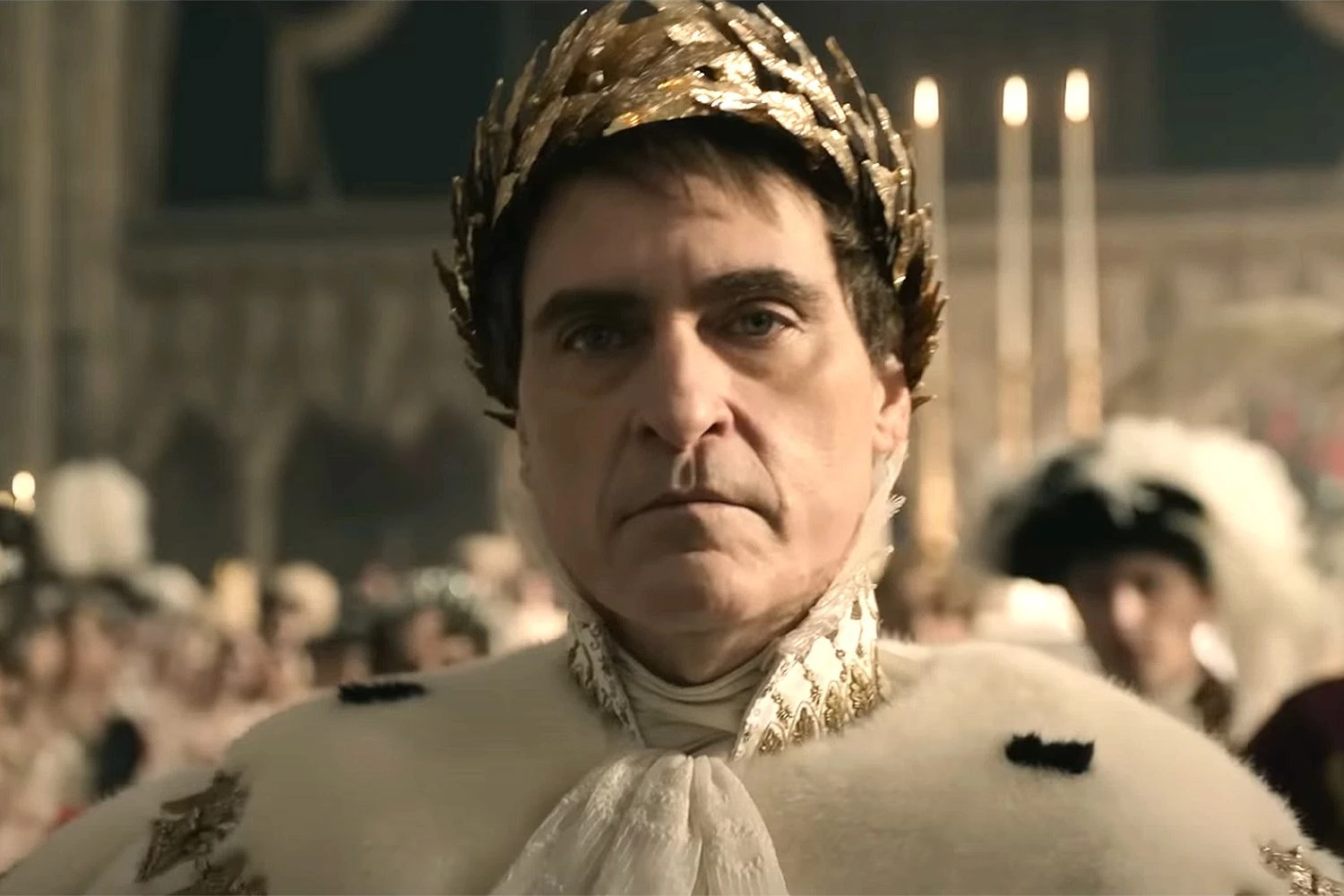Napoleon Movie - French Historians Slam Ridley Scott's Film For Historical Blunders: "A Big Disappointment"
Ridley Scott's Napoleon movie has become a battlefield, not of military conquests, but of French historians grappling with what they call "a big disappointment." As the cinematic portrayal of the French Emperor weaves its way into theaters, it faces relentless scrutiny for historical inaccuracies, prompting notable French historians to sound the alarm. Variety recently caught up with Patrice Gueniffey and Romain Marsily, who minced no words in pointing out the film's missteps.
From misplaced ages to a 'grotesque' scene involving a wounded horse, the criticisms are as diverse as Napoleon's conquests. Let's unravel the drama and explore why French historians are up in arms against Ridley Scott's take on this historical titan.
Advertisement
#1. The French Historians' Critique Revealed
 Source: Columbia Pictures
Source: Columbia Pictures
Two voices echoing disappointment, Patrice Gueniffey and Romain Marsily explain the historical fabric of Scott's creation. Gueniffey, not holding back, highlights the altered dynamic of Napoleon and Empress Joséphine's relationship, emphasizing the film's misrepresentation of their age difference. His disapproval extends to what he deems a 'grotesque' scene involving a wounded horse, challenging the film's portrayal of Napoleon's relationship with his mother.
Marsily goes straight into the impact of the film on the French psyche, declaring it akin to 'spitting in the face' of the nation. He critiques the film's alleged bias, accusing Scott of ridiculing both Napoleon and French history. Marsily laments the lack of attention to Napoleon's meritocratic symbol, dismissing the film's portrayal of him as a 'total idiot.'
“That was Napoleon’s biggest regret, because like any revolutionary, Napoleon was in favor of abolishing it. But when he became Emperor of France, he made this decision under political pressure and a complicated geo-political context with the British.”
Advertisement
#2. The Battle Of Historical Accuracy
 Source: Columbia Pictures
Source: Columbia Pictures
Before the curtain rose on Napoleon's release (November 22), TV historian Dan Snow had already fired the first shots. His TikTok critique gained traction, particularly focusing on the film's depiction of the Battle of the Pyramids in Egypt. Ridley Scott's curt response to fact-checkers—telling them to "Get a life"—adds a touch of spice to the historical accuracy debate.
The film's alleged "anti-French and pro-British" perspective, as noted by Gueniffey, becomes a battleground of its own. Omissions, such as Napoleon's reinstatement of slavery in the French West Indies, draw criticism. Marsily points out the complex political context that led to this decision, challenging the film's portrayal.
Advertisement
#3. Ridley Scott's Rebuttal And Audience Reception
 Source: Columbia Pictures
Source: Columbia Pictures
Ridley Scott, undeterred by French criticism, fires back with sharp retorts. His dismissal of French self-liking and acknowledgment that most audiences enjoy the movie despite historical inaccuracies add a layer of defiance to the narrative.
As the dust settles on this cinematic clash, it prompts reflection on the intersection of historical accuracy and cinematic interpretation. Does the success of a film hinge solely on its adherence to historical facts, or can creative liberties find a place in the storytelling tapestry? With audiences divided and French historians standing firm, the Napoleon movie becomes a symbol of the perennial tug-of-war between artistic expression and historical fidelity.
Advertisement
In the realm of historical cinema, Ridley Scott's Napoleon stands as both a cinematic spectacle and a source of contention. As French historians continue to raise their banners against perceived inaccuracies, the debate echoes beyond the silver screen.
Whether the film will be remembered for its historical blunders or as a testament to the artistic license in storytelling remains to be seen. One thing is certain: the clash between Napoleon's historical legacy and Ridley Scott's vision has ignited a fervent discourse that transcends the confines of the movie theater.
Related Articles
Share this article
Advertisement